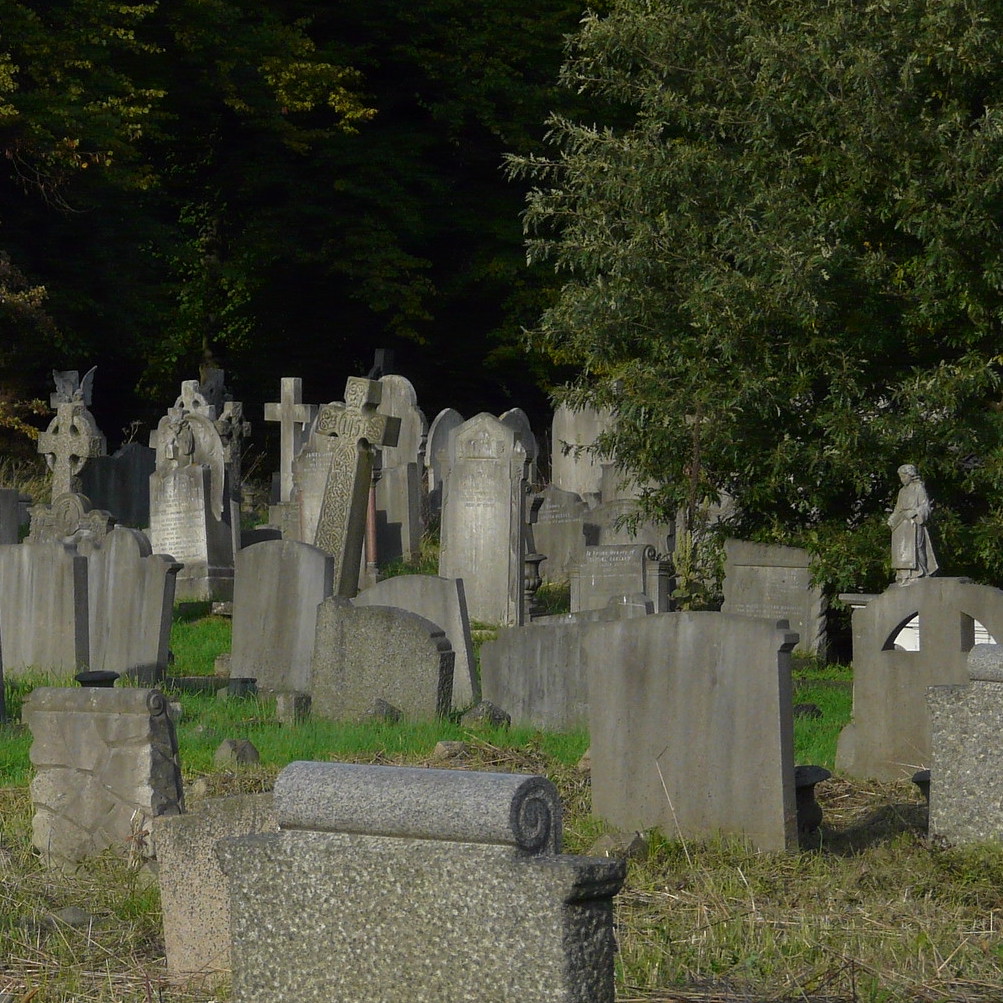In November the Living and the Dead Renew Their Vows
by Hilda Johnston
The warm days have finally ceased, and rain has cleared the air. When the seasons change I can’t help feeling we’re making progress, although I know it’s an illusion. I suppose we have a built-in optimism, like the kinglets Bernd Heinrich describes in his book about animals in winter. Kinglets weigh less than an ounce with all their feathering, and most will not survive, whether they migrate or remain in New England. They are as close to an annual as a bird comes. Yet every autumn they stoke their small bodies with seeds and pine bud grubs, cheeing to each other as though in encouragement.
Without optimism, how could we humans have progressed from drums to cell phones? Like the kinglets, we encourage each other with constant chatter.
The other day my son said to me, “Do you remember Camille, the woman who teaches drama and wants me to meet her daughter?”
“Oh,” I said, “I have a student who wants to be an actor; I’ll send him to her class.”
“Not so fast,” he said, “I just heard she died.” His “not so fast” took the wind out of my matchmaking sails and drew a contrast between the networking of the living and the final resistance of the dead to one more social contact.
Most years I go to the Oakland Museum to see the Day of the Dead exhibit. Sometimes the altars are so colorful it seems the dead, like autumn leaves, inhabit a brighter world than the living. But I recall one installation, a river of white paper boats that narrowed as it reached an altar. When a class of noisy schoolchildren had passed, I stayed there a while, comforted by the quiet boats, which reminded me of a photo I have of fishing skiffs coming into shore on a gray day, each with a catch of snow. Leaving the museum, I looked at the traffic of cars and pedestrians, a bus, and a cement mixer, and wondered at all this purposeful energy.
I know people who honk as they go by a graveyard where a relative is buried, as though to say, “I’m on a roll, I’m putting bread on the table, but don’t think I’ve forgotten you.” From the perspective of the dead, our endeavors might appear like the autumn efforts of the kinglet.
A student from Mongolia told me that in her country one doesn’t speak of the dead, but for five years good deeds are performed in their memory. If this balance between memory and silence is disturbed, the dead may come back as ghosts.
In a poem by Apollinaire, men, women, and children dressed for burial arise from their coffins, and “the little party of the newly dead” stroll through town, where friends and relatives join them for a day in the country. If we observed this gathering with infrared glasses, it would be easy to recognize the living by the layer of heat and moisture that surrounds a metabolizing organism. Each dead person would walk hand in hand with someone wearing a metabolic cloud, as the dead, it seems, are attracted to the living, and the living to the dead.
They dance, sing, and are joined by two cavalrymen who make whistles out of shoots of viburnum and elder. A dead woman sitting on bench next to a barberry bush allows a student kneeling at her feet to speak of betrothal. “I’ll wait for you, if I have to, ten or twenty years, your will shall be mine.”
“I’ll wait for you all your life,” replies the dead woman.
A dead man proposes to a living woman in a yellow dress and a gray hat trimmed with one limp little feather. “I love you,” he says, “as a pigeon loves a dove, as a night-moth loves the light.”
“Too late,” says the living girl. “Put away that forbidden love, I am married. See the ring that shines on my trembling hand. I weep and I want to die.”
At the end of the day, they stroll arm in arm until the living return to their errands at the tavern or the dog-meat shop, and the poet escorts the dead to their coffins. They do not suspect what has taken place, but the living keep the memory as “an unhoped-for happiness,” and because they have loved a dead person, they are “strengthened for life.”
Note: Bernd Heinrich’s book is Winter World (Ecco, 2009); Apollinaire’s “House of the Dead” appears in Alcools, translated by William Meredith (Doubleday, 1965).
Published on October 29, 2021

